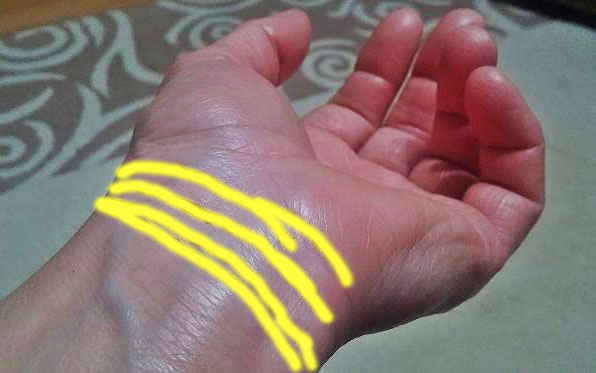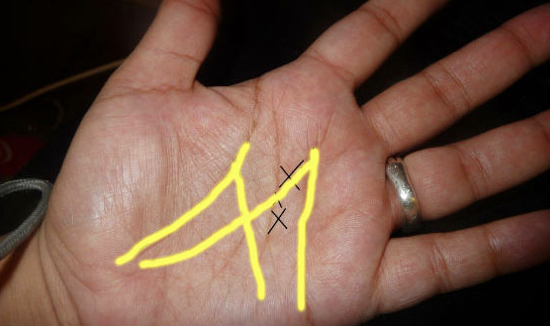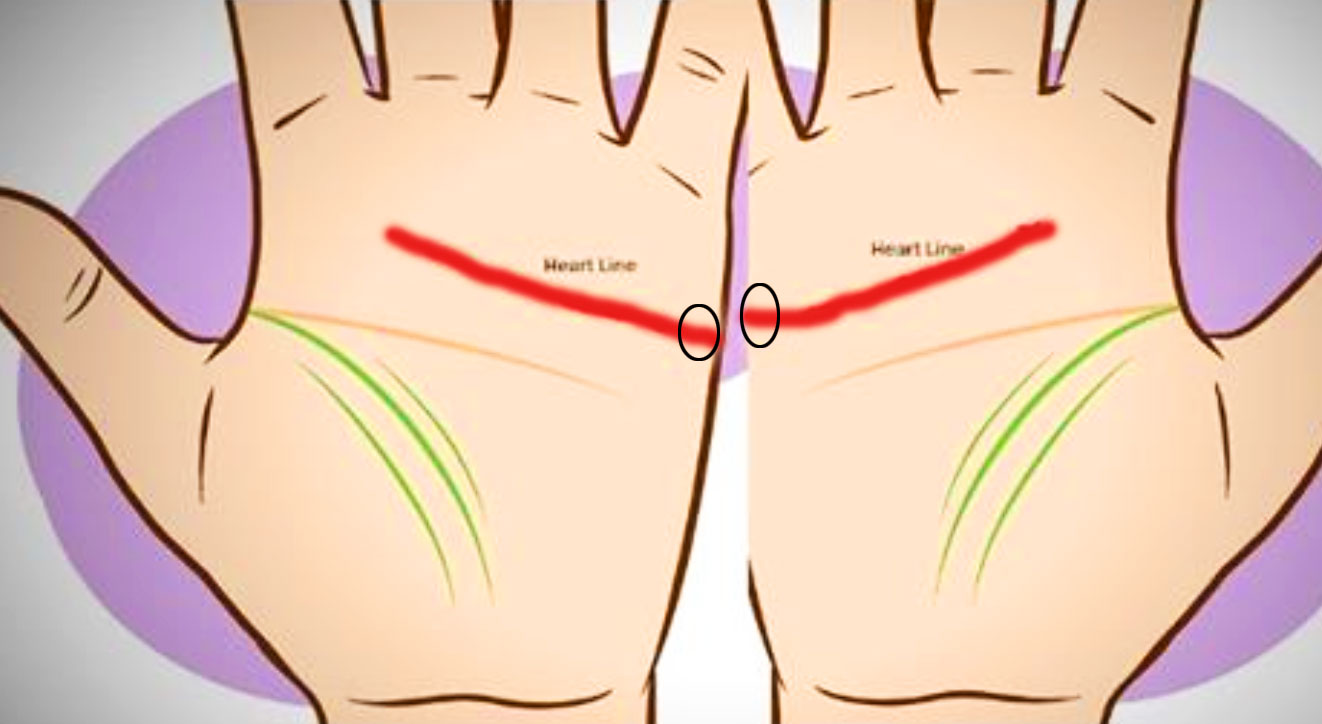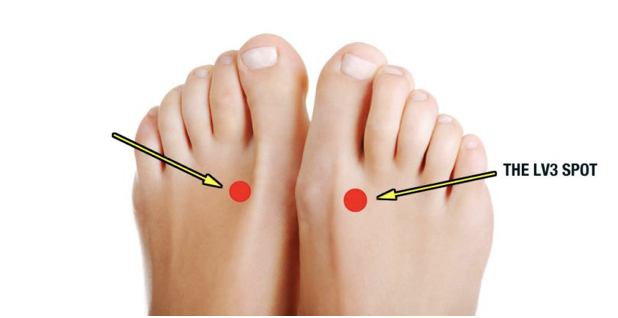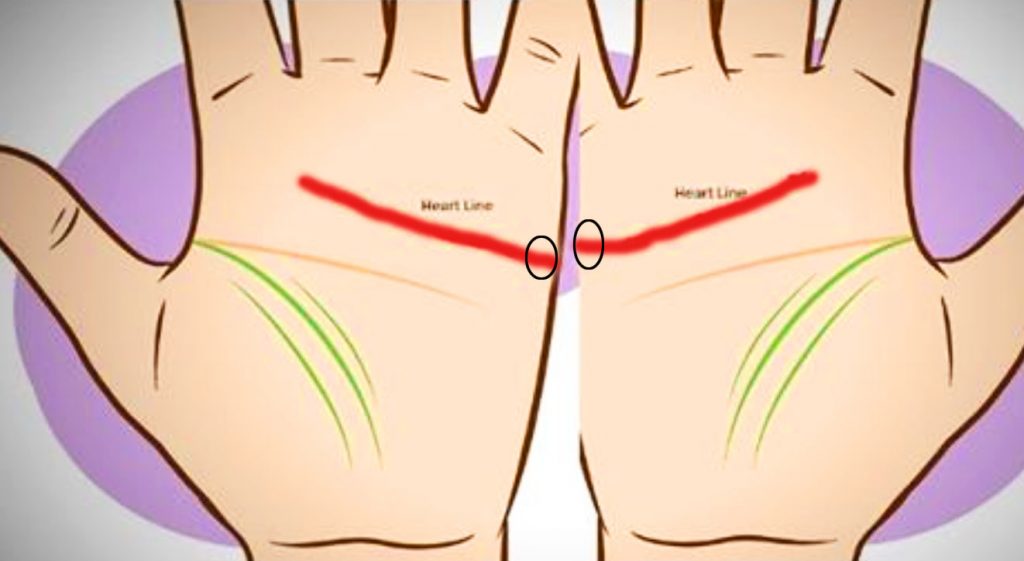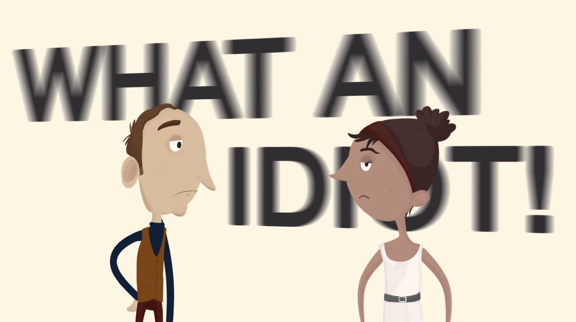
image via – youtube.com
People get married with every intention of staying so; they are “in love” and often push away early signs of conflict in the relationship before marriage, because of the “halo” of being in love. You may hear couples report that ‘everything changed once we got married’. This, in fact, is probably not true; the precursor for destructive patterns usually exist before getting married, but are ignored in the name of love.
All relationships have conflict, because two separate people can’t always get along. It is not the conflicts themselves that predict whether relationships will survive, according to Dr. John Gottman, rather it is how couples “manage” these conflicts.
He uses the word “manage” rather than “resolve”, because his research has shown that relationship conflict is normal and management can be a bright spot in the health and future of a marriage.
He has identified what he calls “The Four Horsemen of the Apocalypse” of a relationship. They are highlighted in the video you are about to watch below, as well as the antidotes for these relationship killers. These are four destructive patterns of communication which denigrate your partner, and over time will destroy the relationship, if not corrected.
His studies have allowed him to predict with 90% accuracy whether a marriage will end in divorce, by assessing whether these “Four Horsemen” behaviors dominate a relationship. The first of the “Four Horsemen” is CRITICISM, which attacks the character of your partner rather than communicating a complaint about his/her behavior that troubles you.
Criticisms are characterized by statements such as “you always” and “you never”. The ANTIDOTE for CRITICISM is to change the accusatory modality into “I” statements, such as: “I’m feeling sad about what we talked about before. Can we please talk about it again?” Making the “I” statement allows for the possibility of managing the problem rather than further escalating it into an attack that says, in essence, ‘if YOU didn’t do this than I would be happy’.
Criticism, or accusation, yields the second of the “Four Horsemen”, which is DEFENSIVENESS. If one’s character is attacked, the natural human reaction is to ward off the hurt by protecting oneself. It often results in statements such as: “How dare you talk to me like that” or “I did nothing wrong, it’s you who has a problem!” Getting defensive when your character has been criticized is a normal human reaction.
When attacked we go into a “flight or fight” mode to get away from the emotional danger we are experiencing. If you can “stay still” enough after being criticized and act out of your adult self (as opposed to a scared child) there is hope for managing the conflict.
Therefore, the ANTIDOTE for DEFENSIVENESS is to ACCEPT RESPONSIBILITY for a part of the conflict. After all, the saying “it takes two to tango”, didn’t come from nowhere. If there is a conflict between two people who love each other, the chances are good that each person has a part in it.
So instead of responding to the corrosiveness of criticism with “you’re the one who is always late…”, try a version of: “maybe I do start getting ready too late…I’ll try to…”. Taking responsibility for your part in a conflict can help to avoid the most corrosive of the “Four Horsemen”, CONTEMPT.
You may have heard that using sarcasm, (as clever as it may sound), is a relationship killer. Contempt is born out of criticism and defensiveness; it is a person’s attempt to falsely elevate oneself as being superior to the other by using hostile humor, cynicism, name-calling, eyerolling and mockery.
These behaviors are the most dangerous of the “horsemen”, as it displays a complete disregard of your partner; in and of itself, contempt is the greatest predictor of divorce. The ANTIDOTE for CONTEMPT is building a relationship that honors the other, by showing respect and appreciation for the best of what your partner brings to the table.
If this “culture of respect” has been nurtured throughout the conflicts that arise, chances are you and your partner will not have to experience the “relationship killer”, of contempt. If things have gone too far and your conflicts have turned into battles, the final one of the four “horsemen” will be the last straw, STONEWALLING.
This will occur when one person just cuts off, stops listening and withdraws. The ANTIDOTE for STONEWALLING is “physiological self-soothing”. Gottman says that removing oneself from the situation before exploding or imploding (stonewalling) is letting your partner know that you are on overload and need a break.
This allows both of you to have the adrenaline from fighting subside, let your body return to a state of relaxation for at least 20 minutes, before coming back to each other in an attempt to manage your conflict without continuing to resort to the “Four Horsemen”.
Neither pretending that conflicts don’t exist, nor beating one’s partner into emotional submission will result in a friendship that is key to a healthy relationship. Learning to implement the antidotes to these “Four Horsemen of the Apocalypse” is well-summarized in the video you are about to watch.
Please SHARE these important relationship tools with your friends and family

